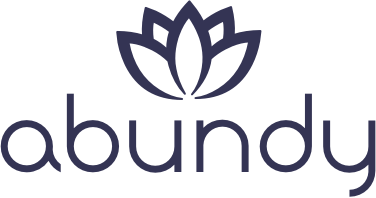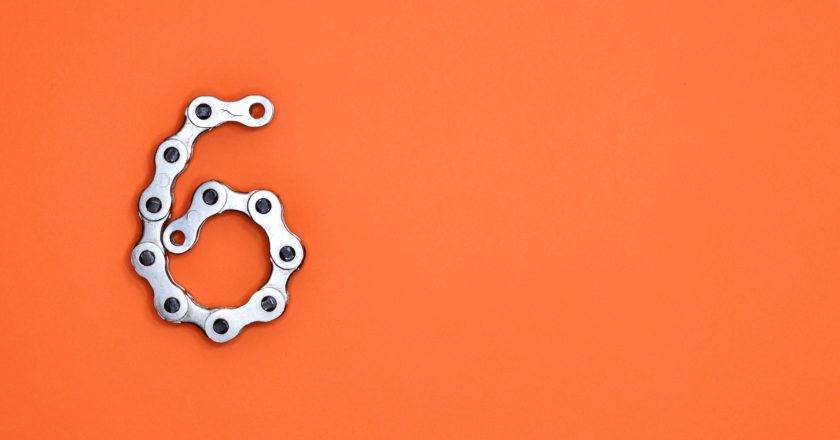There are many forms of alternative medicine that have gained popularity to those who are open-minded enough to be accustomed to their application. One popular treatment is acupuncture, which is able to relieve various types of pain, relaxing and for reducing stress levels in the body, including other issues to wellness. It basically works in order to help your body heal itself. But what exactly is it?
Acupuncture is a traditional Chinese remedy that is at least 2,500 years old. It works by correcting the imbalances of your Qi (energy flow) at some parts of your body close to your skin, by inserting some thin and sterile needles into specific points of your body (acupoints).

Even though this tecnique can radically improve your health, before booking an appointment with the nearest acupuncturist in town, you should ask yourself if it is the correct type of treatment for you at the moment. Acupuncture certainly comes with many advantages, however, some people believe that there are certain disadvantages that should be taken into consideration. Well, take a better look at the pros and cons of acupuncture to determine if this is indeed advantageous or otherwise.
PROS
- Painless Tecnique and Very Few Side-Effects
Most people evalue acupuncture sessions to produce minimal side-effects. Despite the fact that this method will allow the use of needles to penetrate the pores of the skin, the skill of the treatment provider will make the experience as painless as possible. - Provides Higher Energy Levels
The rejuvenating power of acupuncture may cause the feeling of being energized after undergoing a session, according to many people. This may have actually come from the stress management or pain relief capabilities of acupuncture. - Can Be Incorporated with Traditional Treatments
Acupuncture can be incorporated with treatment plans, unlike other methods such as herbal therapy, supplements, and other alternative medicines. For this reason, patients are able to take medication and following the medical advice of their physician while having acupuncture treatment. In this way it can be given a huge amount of relief that a patient can get (take the best of both sides!). - More than just Pain Control
Acupuncture is also known to help certain individuals with nausea complaints, ongoing vomiting, problems with the stomach, and even migraine headaches. Although many people may be hesitant to use acupuncture as a first-line treatment for such issues, this practice can often provide some, if not complete, relief when other traditional forms of medicine are lacking. - Acupuncture Practice Requires Professional Studies
Those who want to become an acupuncturist will be required to study a lot to get practical skills and knowledge. In some countries it will also require the person to pass a national exam to gain a license to practice. This will ensure that patients undergoing acupuncture will gain professional treatment, as when you go to see your GP. - New Forms of Acupuncture don’t even Require Needles.
In the last 2,000 years, acupuncture has only evolved new practices a few times. Thanks to modern technology, one of those innovative periods in this alternative medicine practice is today. Instead of using needles, some acupuncturists are using low intensity laser beams instead to replicate the nervous system responses that the needles would typically provide. Acupressure also provides a viable alternative. In this practice, the pressure points where the needles would be placed are simply pressed to provide similar results. Because acupressure is non-invasive, many doctors are recommending this practice as a acupuncture alternative, especially when there is fear of needles.
CONS
- Infections can Occur
The quality of the sanitation process on the acupuncture needles is essential. Without doing so, infection can occur which will bring about pain and in the worst cases life-threatening circumstances. If possible, you can ask the acupuncturist to witness how the sanitation process should be done or you can also see if it comes from a sealed package prior to use. - Training and Experience Can Affect Treatment Quality
Those who aspire to become an acupuncturist should include real experience to their qualification. So if you will be under the care of a novice or someone who is still new to this profession, treatment can sometimes become painful. Always talk to an acupuncturist about their experiences and ask for references to discuss treatment practices outside of the clinic before agreeing to any procedure. - Not Guaranteed of Success
Just like most medical processes, acupuncture can’t assure success in treatment. In fact, it may not be beneficial at all. According to a clinical research related to this practice, many patients have found out that there were no noticeable results when they completed their sessions. There were also instances that people feel worse after paying a visit to an acupuncturist. Even if you may have relaxed throughout the session, the issues of chronic pain might still be there when the procedure has finished. - Takes a Lot of Time to Succeed
In order to get relief from chronic pain, acupuncture provides immediate results after the session. However, in the worst clinic scenarios it will take around two to three months before experiencing relief for those having chronic conditions. For this matter, it will require the patient to visit an acupuncturist at least one or two times a week in order to achieve the said results. The number of treatment sessions may vary depending on the specification of the provider. The only problem though is that people end up spending a lot more money on something that could not do them any good. - Might Disrupt Daily Routines
The fact that visiting an acupuncturist can provide relief from pain, it can also offer a number of behavioural changes for the patient. Such changes will include sleeping patterns and appetite. Whether it is an endorphin overload, relief from pain, or the removal of anxiety, many people find themselves feeling an increasing sense of fatigue in their dailylife. Although all of these are temporary, and aren’t necessarily a bad thing, this can be a cause for concern when it reaches more than two to three weeks. - It can be Expensive
I can only talk about U.K. costs. But starting prices for acupuncture treatment vary considerably across the country. In London, the cost of a first treatment, which can take anywhere between an hour and an hour and a half, can range from £50-£70. In the rest of the country the ranges are sometimes about £10 lower.
The pros and cons of acupuncture show that there is a chance for many people to receive some unique benefits. Although acupuncture doesn’t work for everyone, it may be worth a try. It is just up to you to consider all the options you have in order to achieve the best of your health condition. Hope this short list will help you in your decision!

